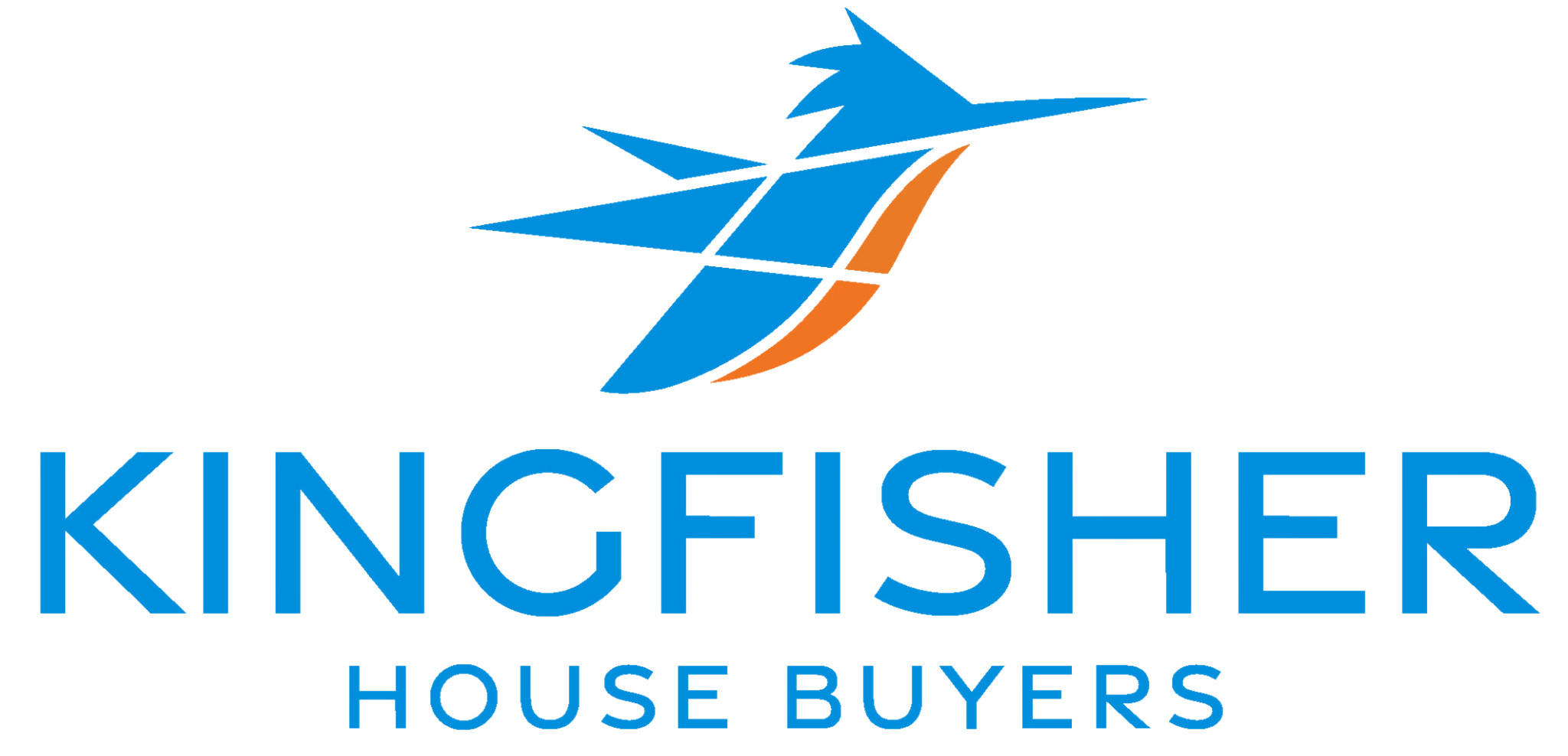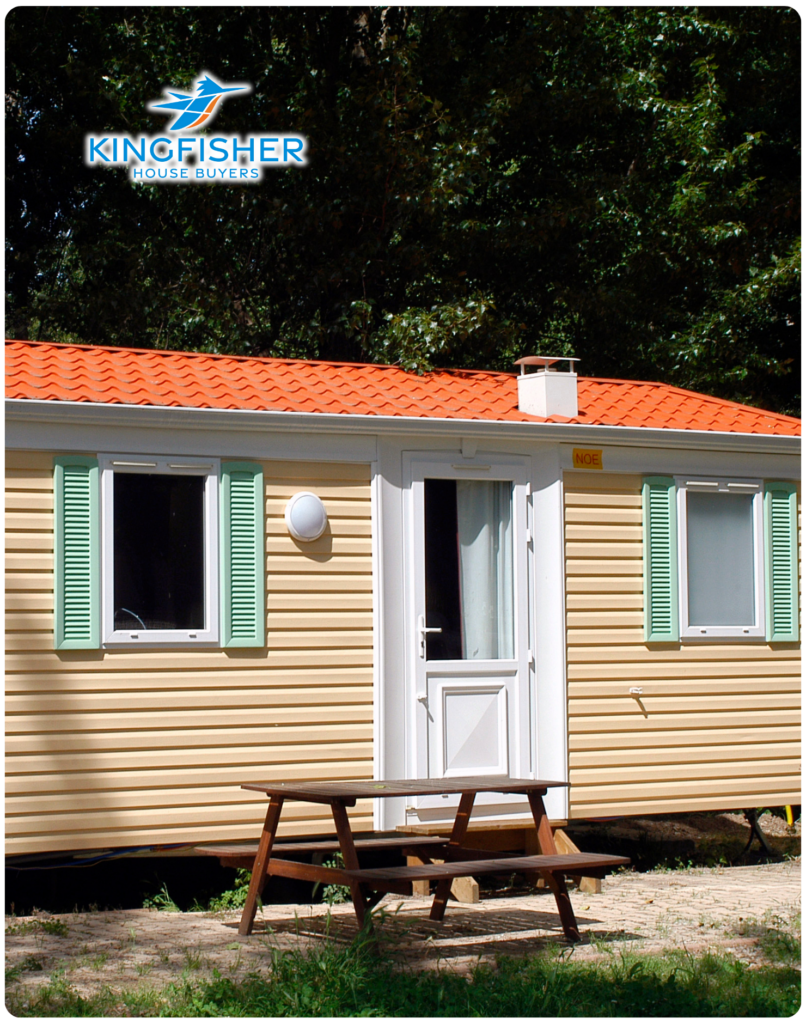
We Buy Mobile Homes for Cash Virginia
“Sell My Mobile Home Fast Cash”
Are you ready to sell? If you want to sell mobile homes or trailers for cash, we buy mobile homes fast in Virginia and the surrounding areas in any condition. Check Out How Our Home Buying Process Works!
Kingfisher House Buyers will offer fast cash for mobile homes. You don’t have to repair your home or get it cleaned. We buy homes as-is, so deciding to sell your home isn’t a hassle.
With a cash mobile home buyer in Virginia, homeowners don’t have to worry about title issues or real estate agent fees.
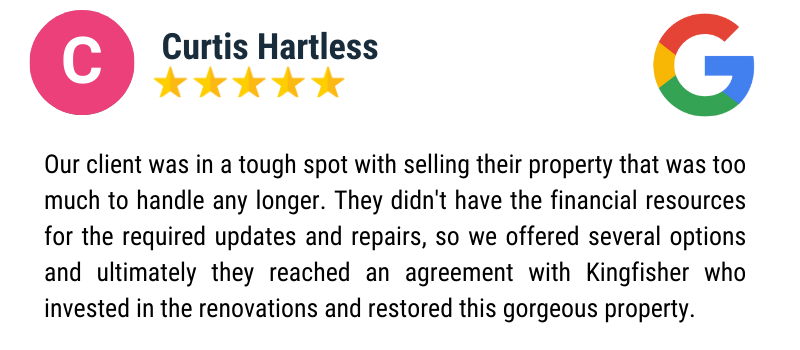
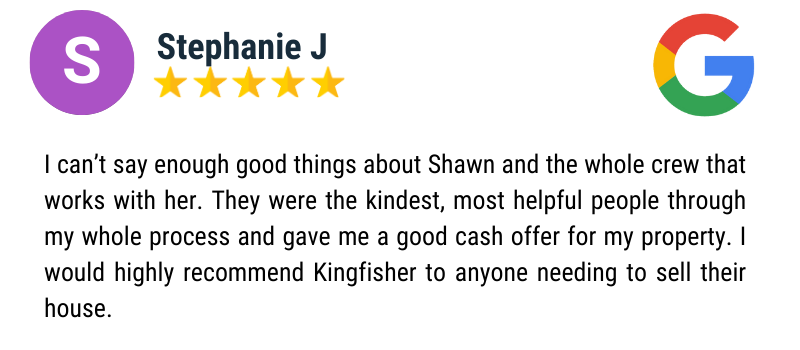
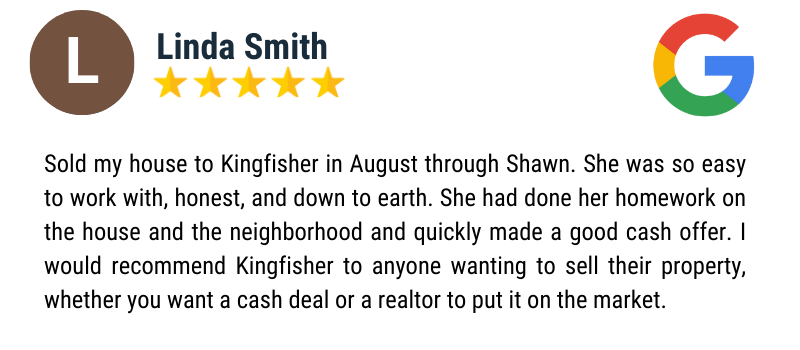

Cash Mobile Home Buyers In Virginia
If you’re ready to sell your Virginia mobile home fast, our team has the right experience and knowledge. Instead of having the headache of an open house, avoid the hassle by letting us buy your home as fast as possible. We’ll skip the middleman and make the process easy.
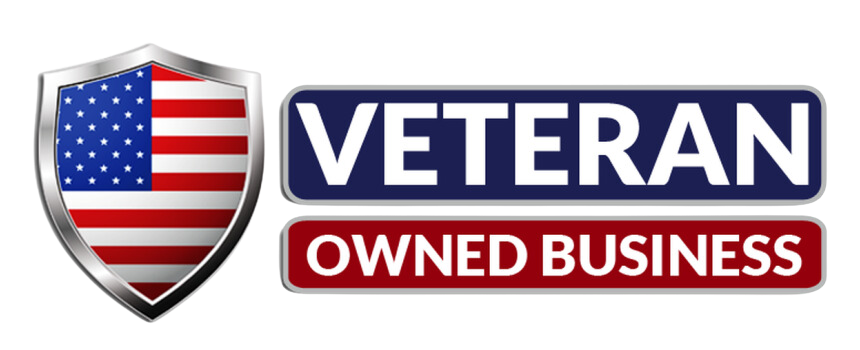
Are you searching for information on how to sell your home for cash? Our veteran-owned business makes it simple to sell junk mobile homes for a fair cash offer. You can skip long-winded negotiations and real estate fees by deciding to sell your trailer or mobile home to us. Because our cash offer will take days or weeks instead of months, you can get cash on your schedule.
When you need help selling a home in Virginia, we are the place to go. With a company that buys mobile homes, you can sell a home with minimal preparation and renovations.
We Buy Mobile Homes In All Situations In Virginia
Whether you must sell because of a divorce or want a larger home, we’ll help you get the maximum offer as fast as possible. We buy mobile homes in many types of situations. The following reasons are just a few examples of when we purchase used mobile homes.

Avoiding Foreclosure
If you’re behind on payments and need help covering your mortgage, you can sell your mobile home to our team of professional buyers. We’ll help you get cash fast, so you can move on with your life.

Getting Evicted From Trailer Parks
If you’re about to be evicted, you need to find someone located in Virginia to buy your mobile home fast. You can sell homes for cash to our team of real estate buyers and avoid an eviction.

Realtors Won’t List The Mobile Home
Often, an agent won’t list a mobile home because they don’t sell for as much cash as standard homes. Agents only get paid through commission payments off their sales, so they don’t want to do a lot of work for a small payday.

Too Many Repairs
Old homes can fall apart over time. Rather than waste time and money on expensive updates, get an offer in cash and sell right away.
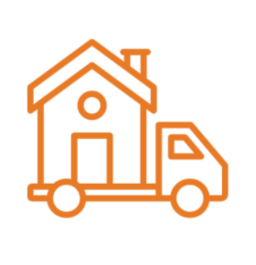
Relocating?
Need to sell your mobile home and relocate? We make it easy with a fast cash offer and hassle-free removal!

Inherited A Mobile Home
Sometimes, people inherit old home that are badly in need of repairs. To avoid a costly upgrade, let us buy the home in cash.
Whether you’re getting evicted from trailer parks or have to sell fast for medical expenses, we’ll buy your Virginia mobile home in cash. When you need fast cash for homes, our team can help.
OUR SIMPLE PROCESS TO SELL
How Do I Sell My Mobile Home Fast For Cash In Virginia?
Once you’re ready to sell mobile home for fast cash, contact us right away. Sell through us and get an offer in hours. No matter how expensive or old your home is, we promise to do everything we can to sell your home fast for a cash offer. Virginia owners can expect the following steps when they work with our team.
EXPERIENCE OUR PROVEN, NO-PRESSURE PROCESS

Fill out our form or call us, and we’ll start finding the best value for your mobile home.
Get Your Offer
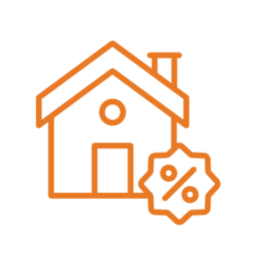
We’ll give you a cash offer in just 24 hours, with no repairs, fees, or obligations.
Get Your Cash

Choose your closing date and get cash for your mobile home.

THE KINGFISHER RISK-FREE GUARANTEE
If you receive a better offer within 7 days of signing a contract with us, we will either match that offer or let you take the better one. You choose the day you close and move. In the end, we want you to be confident you made the best decision FOR YOU!
If the process involved in getting your home listed makes you feel stressed, we can help. You don’t have to renovate or improve the home in any way. We make a fast offers to buy in as-is condition. When you need a company that buys mobile homes in Virginia, our team can help.
We Buy Mobile Homes For Cash In Virginia
We buy mobile homes as-is. Repairs take time and money, so they eat into your profits. When you sell homes to us, you sell for cash and walk away with the entire amount. You don’t have to waste your money on renovations.
Working with an honest dealer is easier and faster than trying to get your home listed with an agent. Agents earn a commission, so they don’t want to list homes. We buy mobile homes and never operate on a commission.
If you’ve ever looked into real estate companies, you’ll quickly notice the high fees. Buyer and seller agents each take a 3% commission. In addition, there are other fees involved when you buy or sell homes in Virginia. When we make an offer to buy mobile homes, our terms will clearly show the total price.
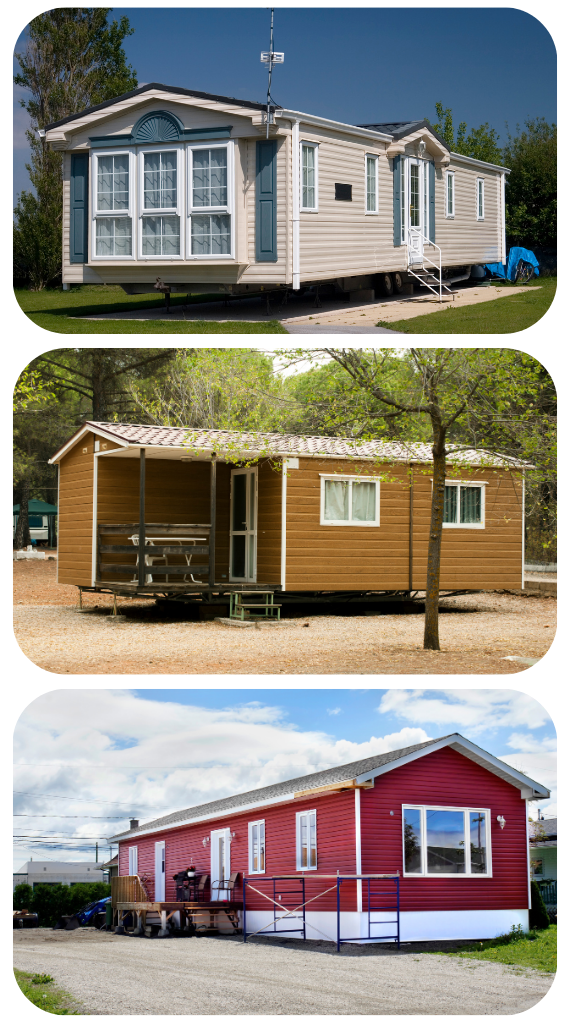
SELLING MADE SIMPLE
Sell Your Mobile Home The Simple Way In Virginia
If you’re searching for a way to sell your mobile home fast, you should be wary about listing your home on Craigslist or Facebook. Plus, it can take an agent months or years to sell a home. If the home requires repairs, it can take even longer to sell.
We offer a simpler way. Cash offers, fast results, and no obligations are just a few of the benefits we provide each seller.

Fast Mobile Home Sale
Our mobile homes don’t have to go through any financial institution because we buy on our own. After we inspect homes, we can immediately make a cash offer to buy them.

Best Cash Offer
Instead of listing your property for sale, you can get cash for mobile homes right away. Once you’re ready, we’ll hand over the cash as fast as possible so that you can get on with your life.

Sell on Your Timeline
Whether you want to sell homes tomorrow or wait a few months, we don’t mind. We buy mobile homes whenever it suits the owner’s schedule, so we’ll wait patiently until you’re ready to sell.
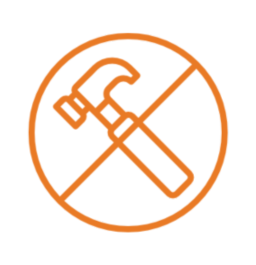
Sell Without Doing Repairs
Deciding to sell mobile homes shouldn’t be a challenge. Our team of home experts manages all of the renovations, so you can sell and move on.
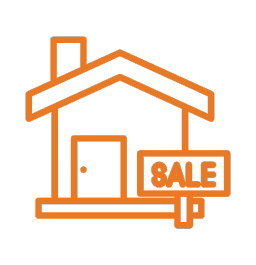
No Need To Clean
After you normally list homes for sale, you have to clean and stage each room. When you work with us, we’ll handle the cleaning on our own.
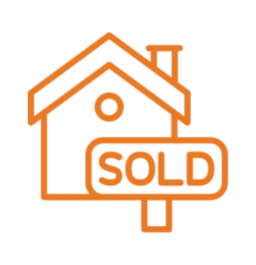
Sell Without an Agent
Agents are primarily paid through commission, so they don’t deal with homes. Our company is happy to buy used manufactured homes throughout the Virginia area.
We Buy Mobile Homes In Virginia
We buy mobile homes fast in Virginia, making the process simple and stress-free. We’ve helped countless homeowners easily sell their homes. If you’re looking for assistance, call us, and we can provide a cash offer for your home.
No matter the condition or reason for selling, we’re here to help, not judge. At Kingfisher House Buyers, we aim to give you a smooth, hassle-free experience when selling your property.
Ready to sell your home fast? Get cash for your Virginia mobile home today! Fill out our form or call us at (540) 755-4099.
Sell My Mobile Home Cash Virginia
• Amissville
• Ashland
• Bumpass
• Beaverdam
• Brandy Station
• Bealeton
• Boston
• Burr Hill
• Barboursville
• Bowling Green
• Court House
• Culpeper
• Colonial Beach
• Caroline County
• Chesterfield
• Chester
• Dumfries
• Elkwood
• Fredericksburg
We Buy Mobile Homes Virginia
• Fauquier
• Gordonsville
• Hanover
• Henrico
• Jeffersonton
• King George
• Lignum
• Louisa
• Locust Grove
• Mineral
• Midland
• Mitchells
• Mechanicsville
• Midlothian
Mine Run
• Powhatan
• Ruther Glen
• Rixeyville
Cash Mobile Home Buyers Virginia
• Rapidan
• Reva
• Richardsville
• Remington
• Rhoadesville
• Richmond
• Ruckersville
• Rappahannock Academy
• Spotsylvania Courthouse
• Stafford
• Stevensburg
• Somerset
• Sandston
• Town of Orange
• Unionville
• Virginia
• Woodford
• Warrenton
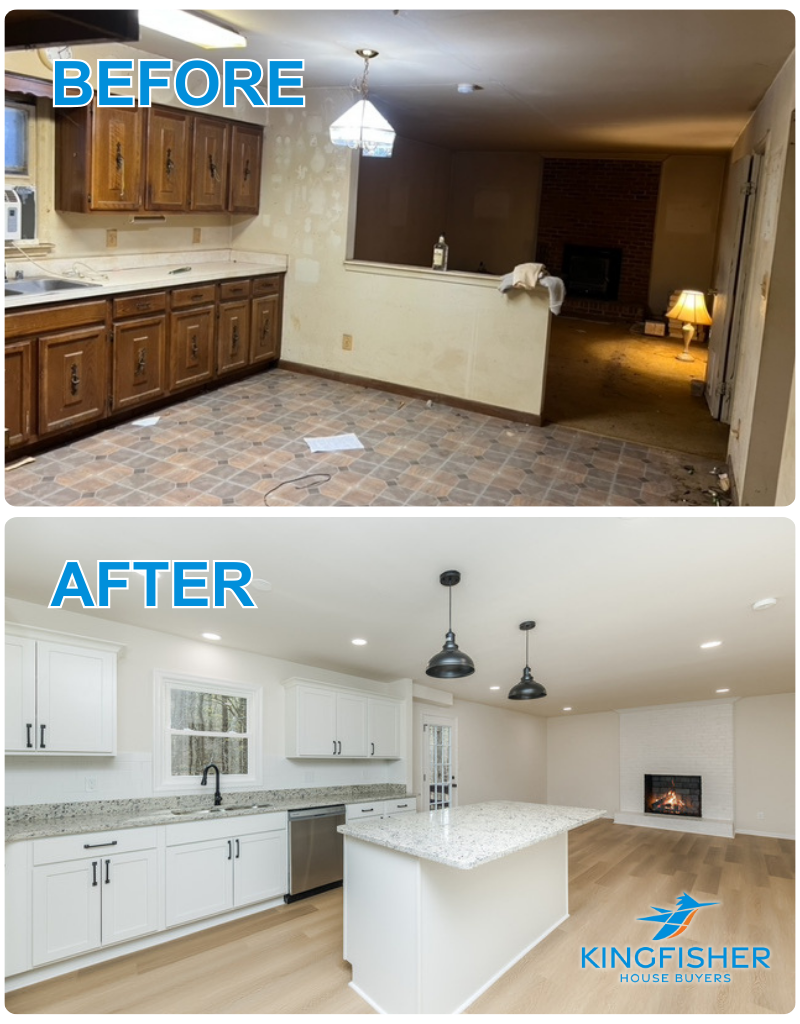
Cash For Mobile Homes Virginia
Our customers love using our straightforward and easy home-selling strategy. The whole process goes much smoother since there’s no need to speak with realtors, make changes to the home, or clean the property. We do all of the heavy lifting for you. You don’t have to go through a listing process or worry about vacating the home during open houses. With our no-agent method, you can set your own conditions for the sale of your home. We buy mobile homes fast in Virginia no matter the condition or situation.
Mobile Home Cash Offer Advantage In Virginia
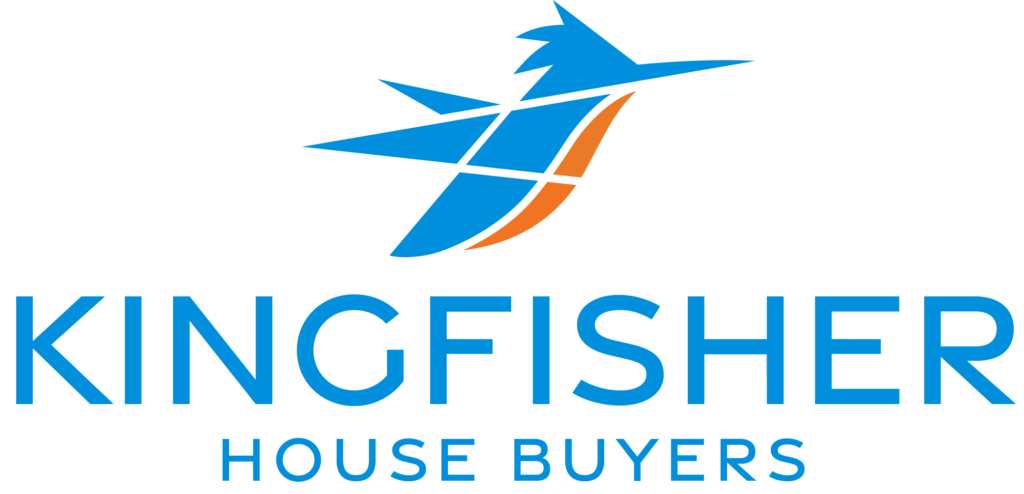
We know you’re the type of person who makes logical decisions. You’re happy to wait until the best offer comes along because you’re not desperate to sell. When you sell mobile homes to our team in Virginia, we’ll give you all of the information you require.
Our team won’t waste your time with a lowball offer or demands for repairs. We’ll let you know what the offer range will be on the phone so you can determine if this deal is a good fit. When you’re ready to learn more about our buying process for mobile homes, reach out to our team for more information.
Selling A Mobile Home FAQ’s In Virginia
Deciding to buy or sell mobile homes is a big decision. Read on to learn more about our service and the options we have available.
How Can I Sell My Mobile Home Fast?
We buy mobile homes that come with land. If you’re looking to sell quickly, we’ll make you a fair cash offer and handle the entire process for you.
Do You Buy Mobile Homes With Land in Virginia?
Over the years, we’ve bought mobile homes with land in Virginia. We’ve purchased Virginia single-wide, double-wide, and manufactured homes with land, so reach out if you’re interested in selling your mobile home.
How Much Can I Sell My Mobile Home for?
The amount of cash that homes sell for depends on many factors. When we look at Virginia mobile homes, we’ll look at the condition and size. Besides considering the mobile home’s year of construction, we’ll also base our offer on the location as well. Get a fast cash quote by filling out our online form.
Do You Only Buy Junk Mobile Homes?
We don’t just buy Virginia junk homes for cash. If you have a nice home, we would love to give you cash for your home. We buy from all types of communities, so call for a cash quote today.
The Easiest Way To Sell Your Mobile Home Virginia
When you’re ready to get cash for your Virginia property, give us a call. We’ll quickly come to your home to check things out. Our team provides cash for all types of homes, so don’t be afraid to reach out.
Once you call us for a cash quote, we’ll give you a range on the phone so that you can figure out if our Virginia company is worth your time. Afterward, we can inspect your home and give a cash price. Our cash quote comes with no obligation, so you don’t have to accept it. If you decide you want the cash, we’ll quickly get the papers drawn up so that you can have cash in your pocket in just a few days.
